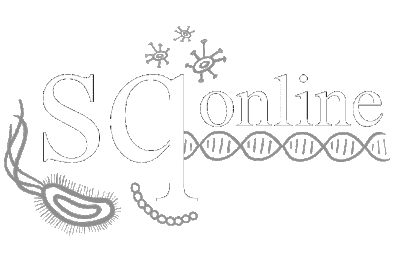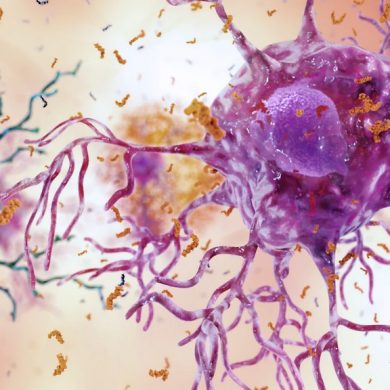Written by Amanda Shelton | Staff Writer | SQ Online (2013-14)
When new parents are faced with making the decision to breastfeed or formula feed their babies they may have heard the term “breast is best.” There have been multiple studies that suggest breast milk leads to children with higher IQ’s, healthier weights, and less illness. In addition, new research is suggesting that breast milk composition during and after pregnancy may be different depending on the gender of the baby.
An article from the American Journal of Physical Anthropology titled “Daughter dearest: Sex-biased calcium in mother’s milk among rhesus macaques” found that when a rhesus macaque mother gave birth to a female baby the mean calcium concentration levels in her breast milk would be about 15 percent higher than if she were to have had a male baby [1]. Researchers in this study hypothesize that the reason for higher calcium content in breast milk of mothers rearing female offspring is that female macaques tend to undergo skeletal ossification sooner than males. Ossification is the period when the bones harden and become more tough: for example, a baby’s skull isn’t fully ossified before birth because in theory it needs to be squeezed through the mother’s pelvis safely and therefore needs to maintain soft spots and a semi-malleable texture. The findings in this study are preliminary but important; male monkeys are born larger and grow much quicker, but it is female babies who receive higher levels of calcium in breast milk. In the future, additional observations of breast milk composition may explain this phenomenon.
A separate, but related study was published in Developmental Psychobiology titled “Cortisol Concentrations in the Milk of Rhesus Monkey Mothers are Associated with Confident Temperament in Sons, but not Daughters” [2]. In this study, scientists discovered that a mother rhesus monkey had higher cortisol levels in her breast milk if she had a son instead of a daughter. Cortisol is a glucocorticoid found in humans and monkeys and this study suggests that glucocorticoids in mammal milk affect the behavioral outcomes of the offspring ingesting this milk. This research discovered a significant positive correlation between cortisol levels and how confident infant rhesus monkeys were, but only in the male babies. These findings hint that breast milk may affect infant rhesus monkeys even down to their personalities.
Rhesus macaque monkeys are physiologically similar to humans and it is expected that research data collected based on these monkeys is relevant to humans but more research trials are needed. This information is useful for multiple reasons. One important reason is that by understanding breast milk better and how it affects mammals, new ways to further improve infant formula recipes may be found and better matching of human breast milk donations to recipients may occur. Current research suggests that breast milk composition may even factor into the ‘nature vs. nurture’ argument because of the possible effects on infant personality. These findings demonstrate just a small piece of breast milk composition importance and the how it effects its consumers; future research should provide even more insight.
To learn more, UCSD Division of Biology offers courses that may discuss the topic of development and its relation to breast milk composition. These include BICD 130: Embryos, Genes, and Development; BICD 134: Human Reproduction and Development; and BILD 24: Biology of Human Reproduction.
Sources
- Hinde, K., Foster, A. B., Landis, L. M., Rendina, D., Oftedal, O. T. and Power, M. L. (2013). “Daughter dearest: Sex-biased calcium in mother’s milk among rhesus macaques.” Am. J. Phys. Anthropol., 151: 144—150. doi: 10.1002/ajpa.22229
- Sullivan E.C., Hinde K., Mendoza S.P., Capitanio J.P. (2011). “Cortisol concentrations in the milk of rhesus monkey mothers are associated with confident temperament in sons, but not daughters.” Dev. Psychobiol., 53: 96—104.

